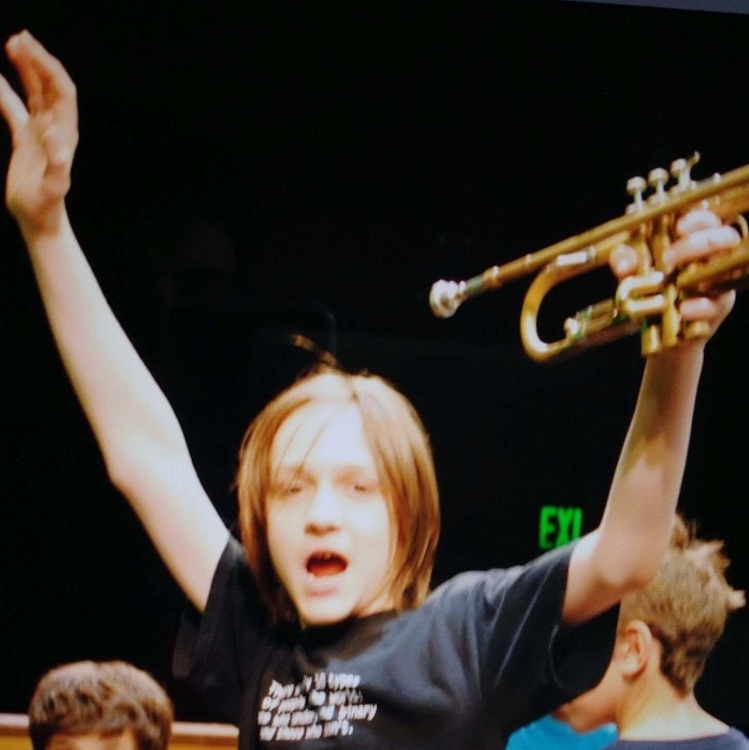Why Doing Research Is Like Playing Jazz
This post is from November 26, 2021. I have lightly edited it and published it now, because the ideas are still on my mind.

I played jazz trumpet from elementary school through mid-way through college. I was no Joe Hellerstein, but I did have some amazing opportunities to learn from and play with a lot of amazing musicians.
This experience has profoundly influenced the way I approach grad school. In this post I’ll tell why doing research is like playing jazz.
Play
The best creative work I have produced has been in the context of a larger group. And the atmosphere of those groups is one of play. From the jittery nebula of creative primordial soup springs forth our best ideas. Play stirs up this soup.
Joy leads to results. Take Steph Curry’s Warriors or the Beatles (when they are not thinking about breaking up).
If there’s one thing you take away from this post, it’s this:
Creative play is the source of the most impactful research, and it’s fun too. It seems too good to be true, but it is true. You can have fun, avoid burnout, have a good life, if you focus your efforts on optimizing for creative play.
Surround yourself with your influences
For jazz this means listening all the time. Listen, listen, listen. For research this means reading papers.
Transcribe the greats
Transcription is a central part of studying jazz. This is the process of writing down, learning, and analyzing a great solo. It’s a way to give deep attention to a performance, to get better at listening, to steal ideas like melodic lines, strategic navigations through a song, or stylistic approaches.
While this is less common in my research world, I have applied this technique by deconstructing how papers or talks I love are written. I steal their argument structures.
Play with the masters
Of course, what can be even better than transcribing is actually playing alongside the masters.
In jazz (and in dance) I’ve had amazing opportunities to play with great musicians and dancers. Similarly, in research I have the opportunity to think through ideas with professors.
Master a few techniques, and use them over and over
I think there’s a math quote about this somewhere. But it’s true both in jazz and in math. The number of techniques in your toolbox can actually be quite small. What’s cool is seeing how to apply them to new domains, since they give you a unique perspective on the world.
Thus far in my career I would consider compilers and the expressiveness principle in data visualization to be the two tools I use most often. But I have also developed a lot of heuristics for designing systems (many of them from talking with Jared a lot).
Also known as “style.”
Research in a COVID World
All of this is to say that I am so sad that I go into the office every day and it’s dead. While things have certainly improved since the all-remote year last year, it’s sucks to come into a dead office. It’s like George Harrison has gone home. What am I going to do.
I’m not sure why this is happening to my work environment. Maybe it’s COVID anxiety. Maybe it’s hanging onto the myth of the solitary intellectual. Maybe it’s a consequence of the building’s anti-social design. I’m not sure
